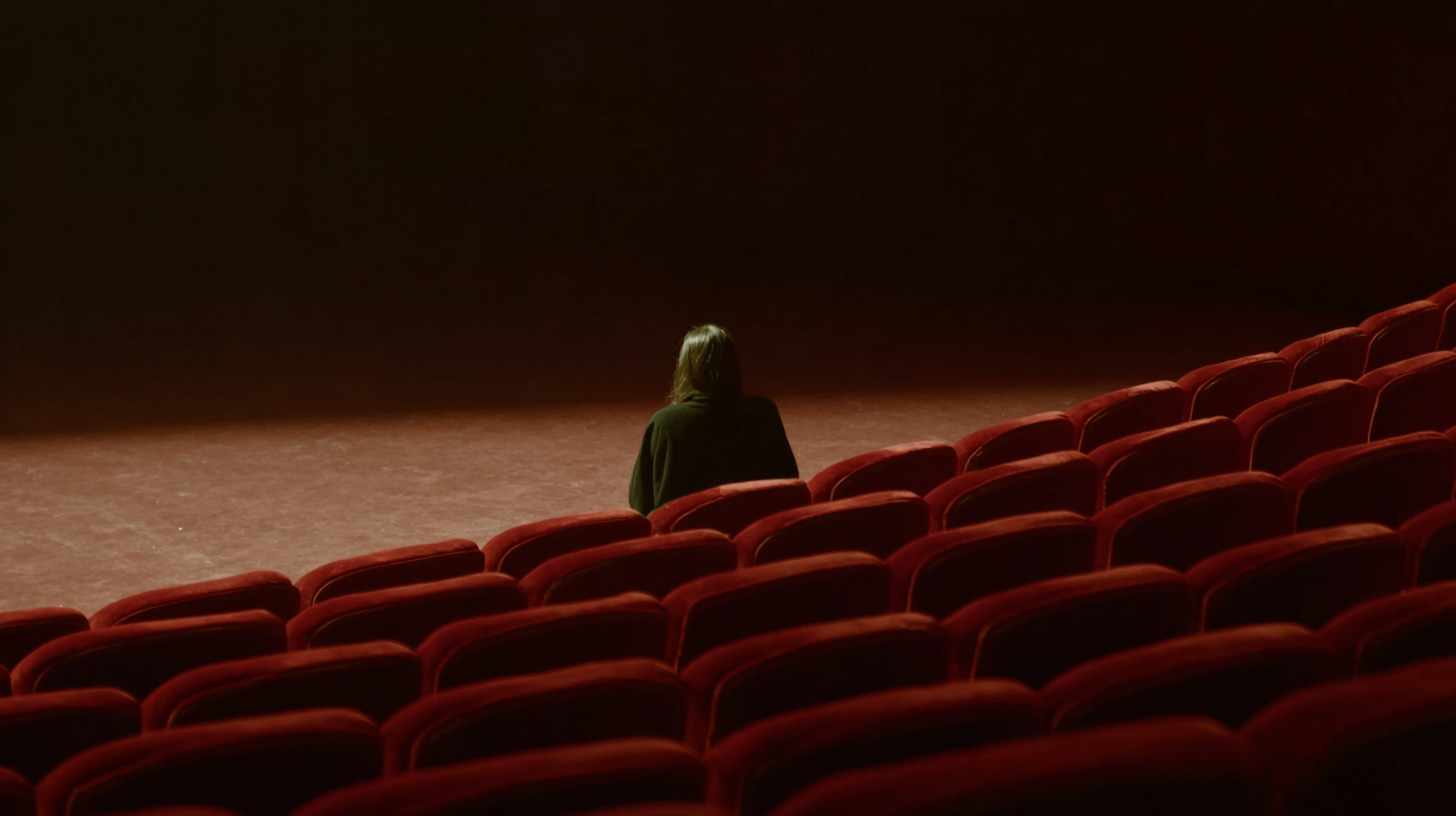The audience of none (part 2): what happens when you actually stop performing
Earlier this year I wrote a piece about the relief of realizing no one is really watching you. About how most of the judgment we carry around is imaginary, how we perform our entire lives for an audience that mostly doesn’t exist. That piece resonated with a lot of people, which makes sense because the realization is genuinely liberating. Finally understanding that you can stop choreographing every move and just be yourself wakes up parts of you that you might not have known existed.
But since then, something else about this started really gnawing at me. I think there might be a “step 2,” something I overlooked the first time, which is: stopping the performance creates its own kind of problem, because once you actually internalize that no one is watching, once you really let that sink in and start living accordingly, you’re confronted with this strange question that nobody really prepares you for.



